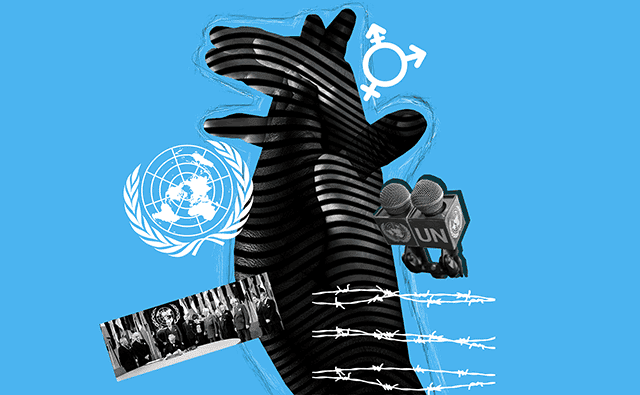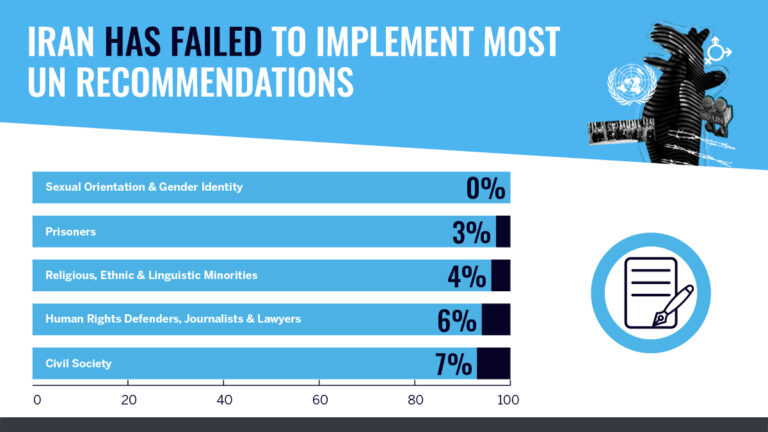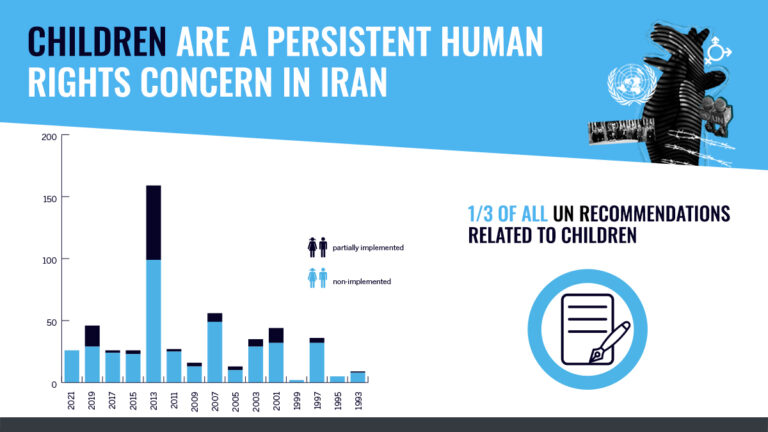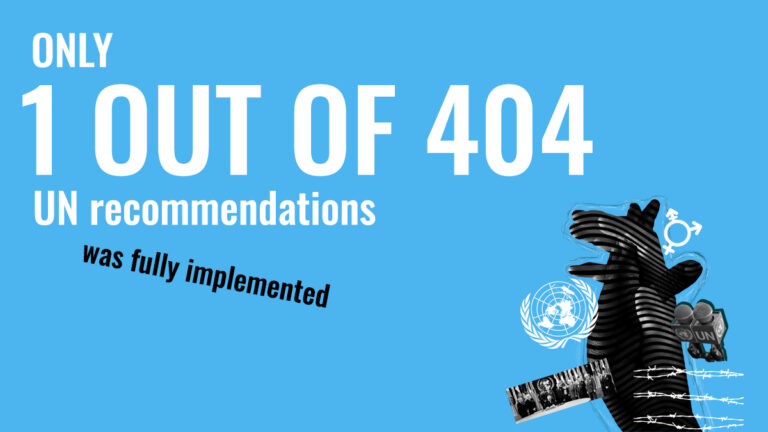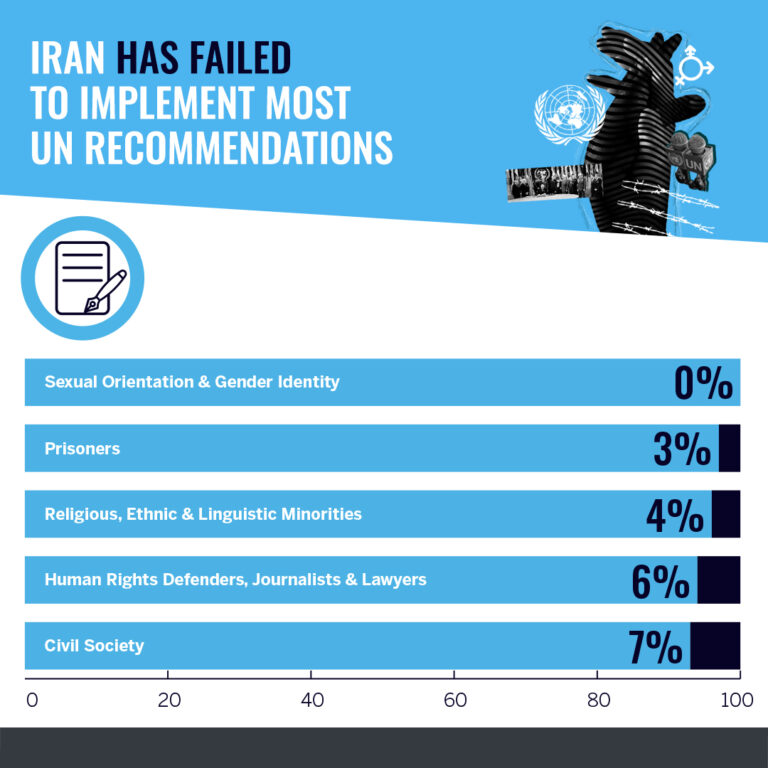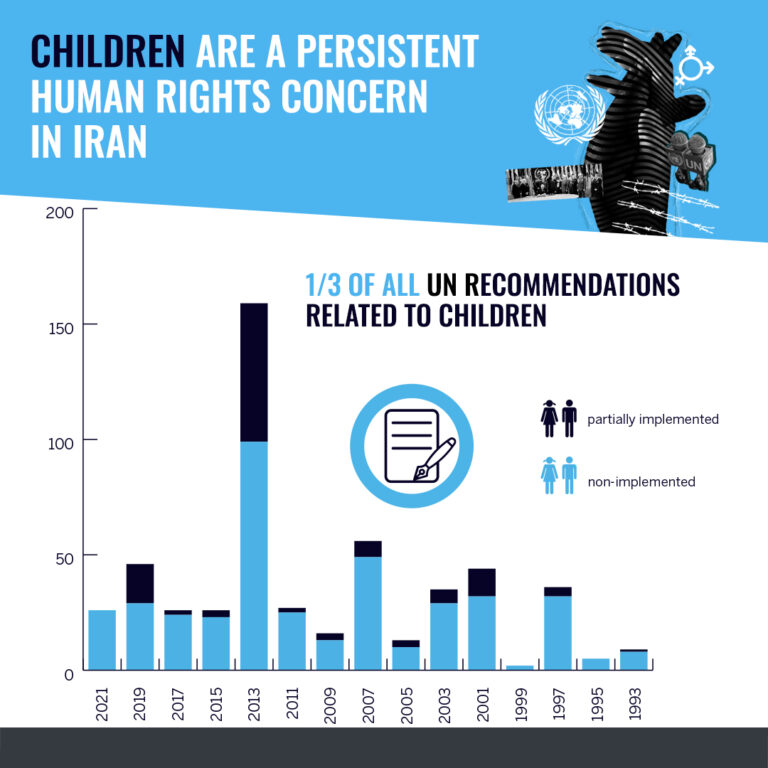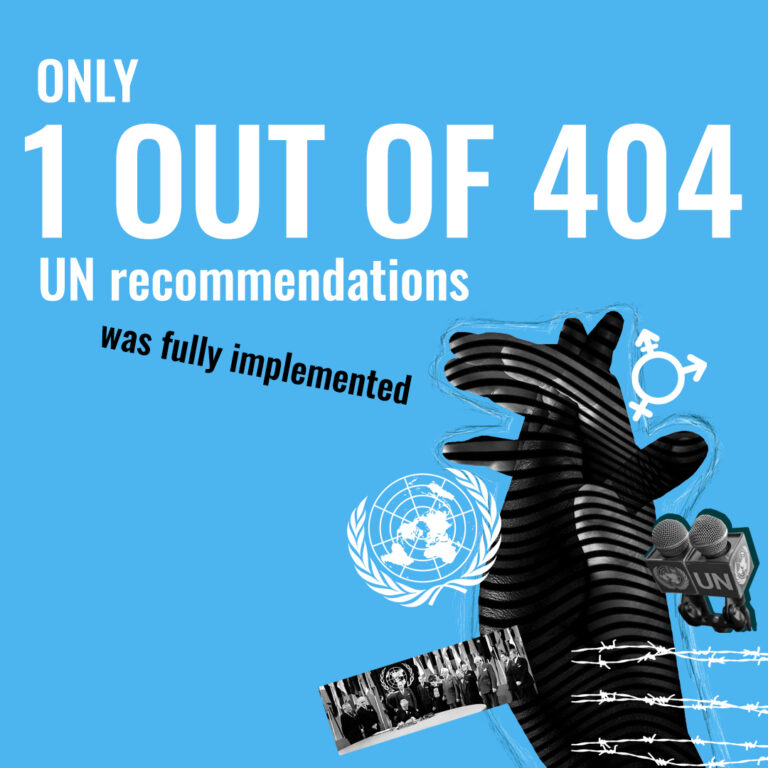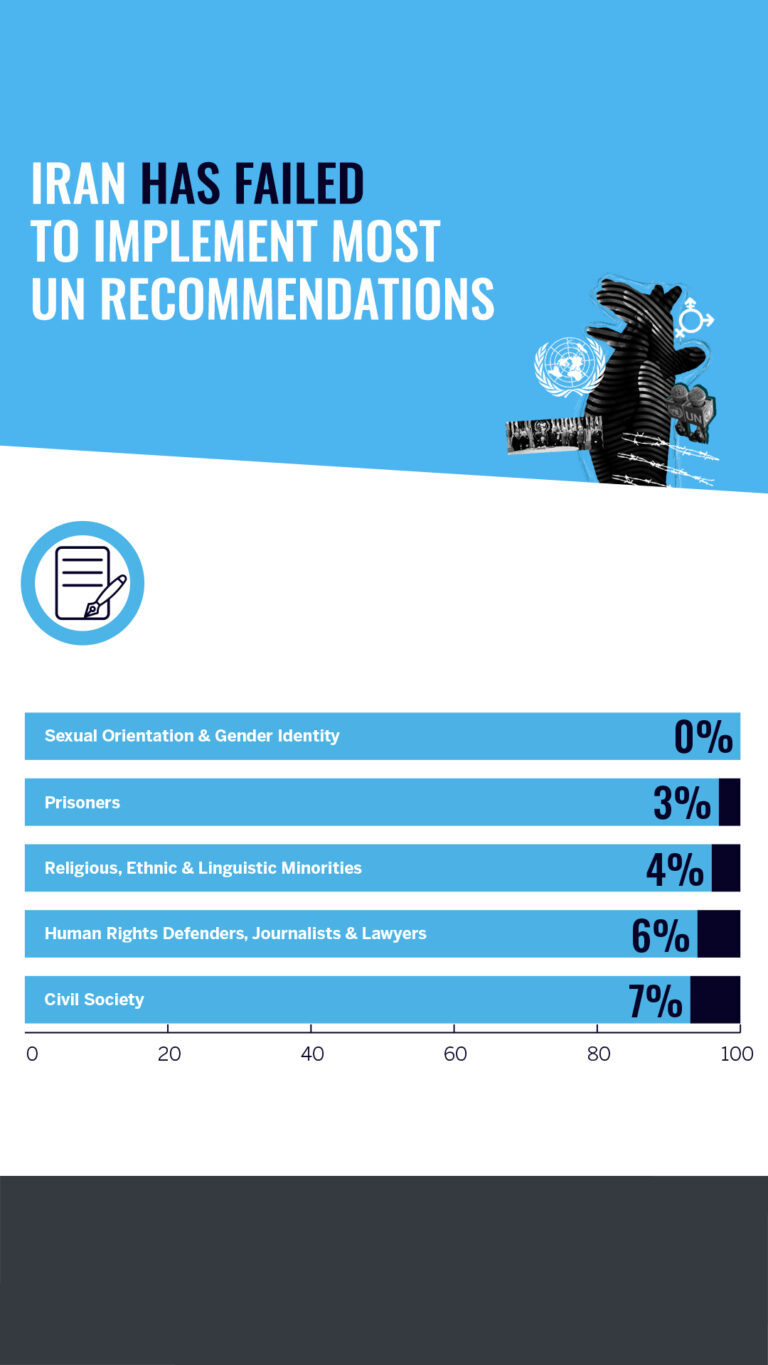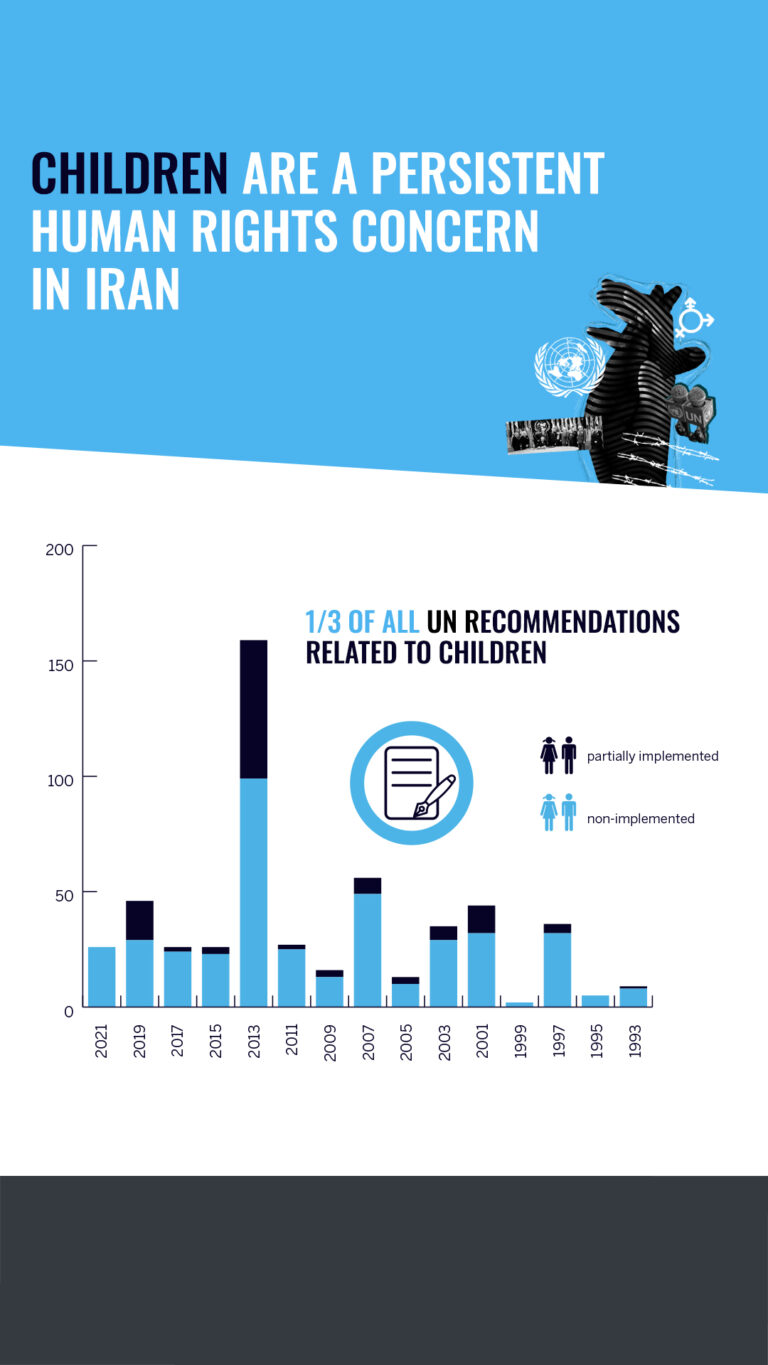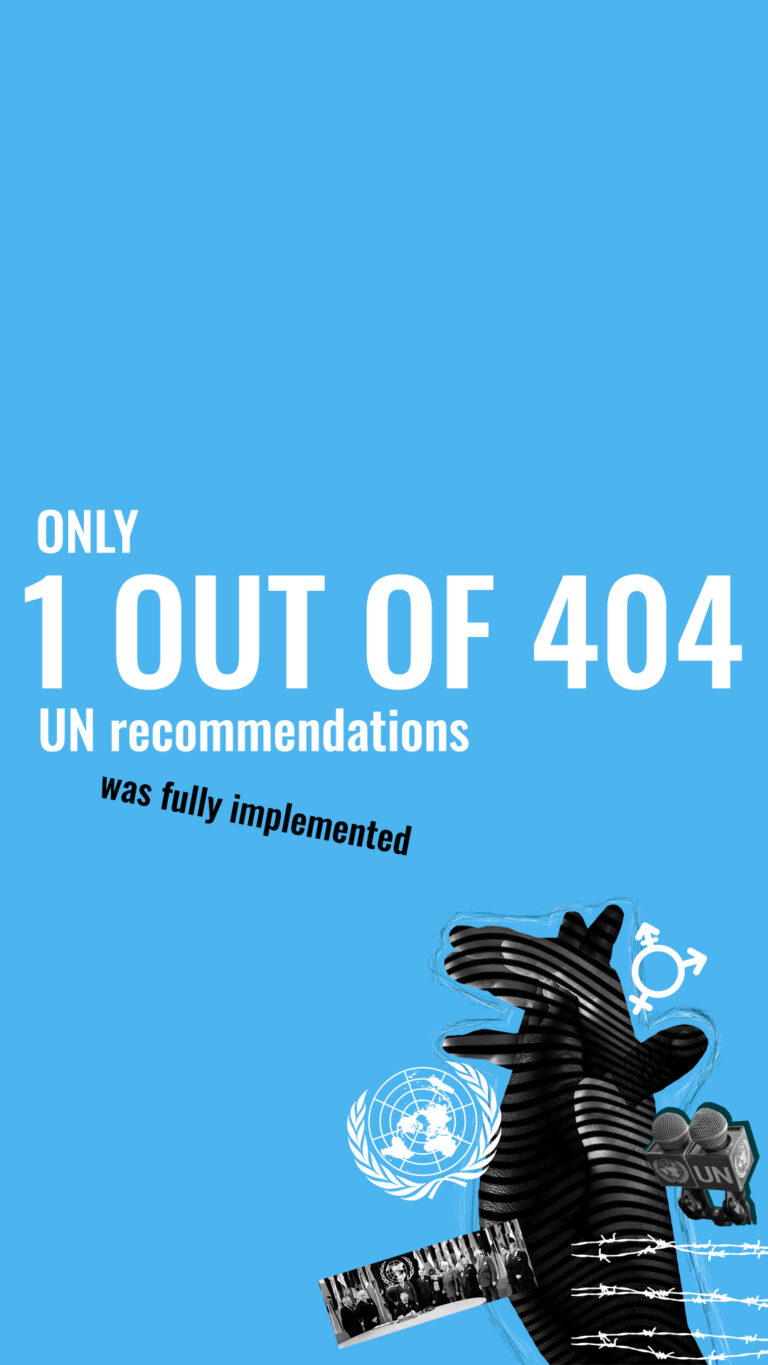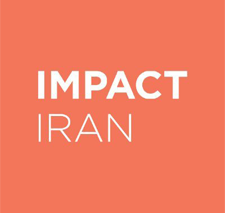UN Compliance
Iran regularly violates the human rights of its citizens. It also regularly fails to meet its human rights obligations. Since 1993, Iran has implemented only one UN recommendation. Slice and dice the data to understand everything you can about Iran’s compliance with the UN.

International human rights monitoring at the United Nations (UN)
International human rights law in the UN context is informed and guided by treaties and charters known as human rights instruments. UN human rights monitoring mechanisms oversee the implementation of these instruments. They include committees, which monitor compliance with treaties, and independent human rights experts with thematic or country-specific mandates like the UN Special Procedures. When countries fail to uphold international human rights standards, these monitoring mechanisms will make specific, yet non-binding, recommendations on how the country should address and rectify their failures. It is incumbent upon UN member states to comply with these recommendations and engage productively with these mechanisms.
Iran’s compliance with the UN
The Iran Rights Index (IRIx), launched by Impact Iran, catalogs hundreds of recommendations made to Iran by UN bodies since 1993, and examines Iranian authorities’ track record in complying with these recommendations. The IRIx currently covers recommendations made by three UN Treaty Bodies and six UN Special Procedures from 1993 to 2020, which collectively address a wide range of human rights concerns, from women’s rights and minority rights, to freedom of expression and the right to life.
Unfortunately, the data shows that Iran has a dismal record of complying with recommendations made by the UN committees and special experts that monitor Iran’s human rights situation. Iran has fully implemented only one out of 404 recommendations since 1993, and it has completely ignored all recommendations related to sexual orientation and gender identity (hereinafter referred to as LGBTQ+ rights).
Spotlight on LGBTQ+ rights
Despite numerous UN recommendations to protect LGBTQ+ rights, Iran has refused to take all necessary legislative, administrative and other measures to eliminate and prohibit discrimination on the basis of sexual orientation, including with respect to access to employment, housing, education, and health care. The government has also refused to ensure that individuals of different sexual orientation or gender identity are protected from violence and social exclusion within the community.
Iran employs corporal punishment (lashes) and imprisonment to criminalise same sex relations, and remains one of the only countries in the world that punishes same-sex activity with the death penalty. The LGBTQ+ community is further stigmatised by widespread homophobic rhetoric by government officials and public figures, which is often accompanied by discrimination at work, school, and online.
How to engage with the data
The data visualizations on this website are fully interactive. For the most part, you can hover over or click on individual charts to see additional data, details or explanations. You can also use the filter feature in the top right corner to view the charts through different lenses. Moreover, under each chart, there are tips and hints to help you navigate it. Look for a red megaphone icon.
To create a filter, click on the pertinent value within each category. To select multiple values, hold the Control key or the Command key on your keyboard and click on the values of interest. It is possible to combine values from different categories. However, some combinations may be invalid; in that case, the charts will show no values. Finally, some charts are unaffected by filters—for example, the trend chart will always show all years, and gender ratios will be displayed even when filtering by male or female.
To remove a filter, click on your selection again. To clear all filters and return to the original visualization, refresh the page using the refresh button in your browser or the F5 key on your keyboard.
Our Partners on this data
Impact Iran represents a coalition of 17 non-governmental organizations that draw attention to the situation of human rights in Iran, and encourage the Iranian government to address concerns expressed by the international community and international human rights bodies. In 2021, Impact Iran launched the Iran Rights Index (IRIx) which is a flexible web platform that catalogs Iran’s compliance with recommendations made by various United Nations human rights mechanisms. You can explore the IRIx, including up-to-date legal analyses and assessments, at the IRIx website.
